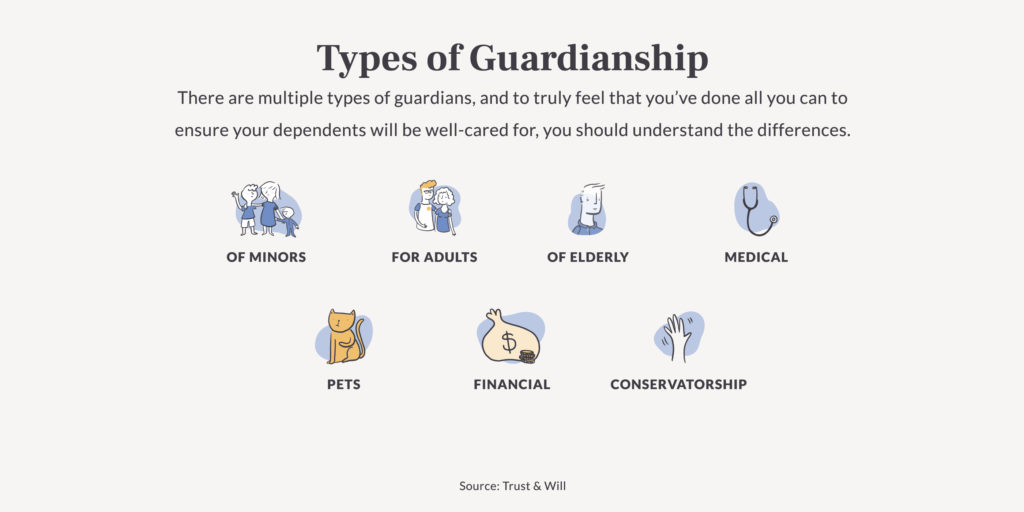Guardian laws in the United States govern the appointment of individuals to make decisions on behalf of another person who cannot make those decisions for themselves. Guardianship laws are typically state-specific, meaning each state may have its own process and criteria for appointing a guardian.
Types of Guardianship in the U.S.
- Guardianship of Minors
- Guardianship of Adults
- Financial Guardianship
Guardianship of Minors:
When parents are unable or unwilling to care for their children (due to death, incapacity, or other reasons), a guardian may be appointed to assume parental responsibilities.
The guardian is responsible for the child’s care, welfare, and education, as well as making important decisions regarding the child’s health, religion, and living situation.In cases where both parents are deceased or incapacitated, family members (often grandparents, uncles/aunts, or close friends) may petition the court to become the child’s guardian.
The court will consider the best interests of the child in appointing a guardian, which could include a review of the family dynamics, the proposed guardian’s ability to care for the child, and the child’s preference (depending on their age).
Guardianship of Adults
Guardianship of an adult is typically appointed when an individual is unable to make decisions for themselves due to incapacity, such as from a mental illness, developmental disability, or aging-related conditions like dementia or Alzheimer’s disease.
In cases of full guardianship, the guardian makes all personal, medical, and financial decisions for the incapacitated individual.
In limited guardianship, the court may grant the guardian authority only over specific decisions (e.g., healthcare or finances).A guardian may be appointed by a court, typically based on a petition filed by a concerned party, such as a family member, friend, or social worker, along with evidence of the individual’s incapacity.
Financial Guardianship
This type of guardianship is focused on the financial decisions of a person who is unable to manage their own affairs due to incapacity.
A guardian of the estate is responsible for managing the ward’s property, assets, debts, and ensuring their financial needs are met.
This type of guardianship is often appointed when an individual is unable to manage their finances due to an illness, disability, or aging.


